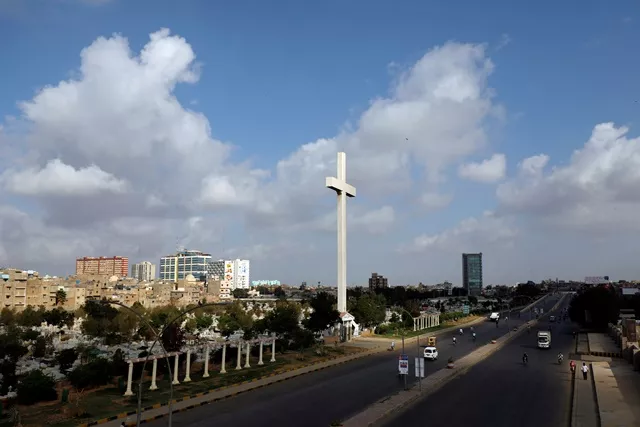Covid-19: ordeal of common man
This is the real test for the PTI government, which promised so much before the elections
Shamsul Haq has been running a men’s salon in one of the posh localities of Rawalpindi and Islamabad for the last 12 years. His business has been thriving so much that he has employed 10 barbers. But the outbreak of the novel coronavirus has changed everything. He had to shut his salon for the first time when the government decided to close down all non-essential businesses in order to tackle the pandemic that has now spread to every nook and corner of the world. Haq understood the government’s decision but was hoping that the situation would normalise soon. But as the government extended the lockdown for another 10 days, he is now started getting worried. Since his business was well established, he had the cushion to pay the March salary to his employees and send them to their hometowns. But the problem is that he will not be able to support his staff if the salon remains shut any longer. Another immediate problem he has to deal with is to pay the monthly rent of Rs70,000 to the shop owner. Haq does not know where to go. He expects his shop owner not to charge rent at least for this month but is not sure if that is possible. “The government at least can allow us to open our businesses for only a few hours in a day,” he demands.Mukhtar Chaudhry runs an electric shop in downtown Rawalpindi. Standing in front of his outlet, he narrates his ordeal of how the lockdown is impacting his life. Like other businesses, his shop has remained shut for the last two weeks because of the lockdown. In this situation, Mukhtar says it is impossible for him and many others to even run their kitchens. “If the grocery stores, milk shops, pharmacies can remain open why can’t the government extends the same to our business?” he asks.
Muhammad Hanif is a tailor master and has a small shop in the market in Rawalpindi. He is the only breadwinner of his family. He says his condition is worse than those daily wage workers since he has not earned a single penny in the last two weeks. Hanif wants the government to at least allow him to work for a few hours in a day, so that he could survive in these testing times.
Tahir Basharat is an auto mechanic, but his workshop remained closed since the last two weeks. He has already run out of all the meagre savings he had in those last two weeks. “I could survive if the lockdown was only for two three days but it is next to impossible to make ends meet in case the businesses remain closed for an extended period,” he remarked. Tahir laments that the government may have announced a relief package for daily wage earners but there is nothing for people like him.
The stories above not only reflect the woes of a few individuals but of millions, who are struggling to go about their business as usual due to the coronavirus outbreak. There is a dilemma for the government. If it reopens businesses the fear is the virus could spread rapidly but if it keeps the cities shut the worry is that millions may suffer due to unemployment and hunger. The government’s own estimates indicate that if the lockdown persists for three months, as many as 185 million people including daily wage earners will likely lose their jobs. This is the real test for the PTI government, which promised so much before the elections. Going by its track record, it is surely an uphill task.
Published in The Express Tribune, April 6th, 2020.
Like Opinion & Editorial on Facebook, follow @ETOpEd on Twitter to receive all updates on all our daily pieces.


COMMENTS
Comments are moderated and generally will be posted if they are on-topic and not abusive.
For more information, please see our Comments FAQ